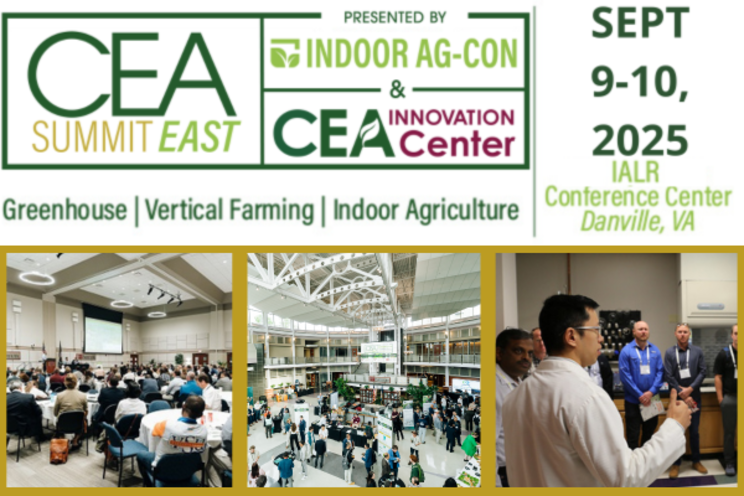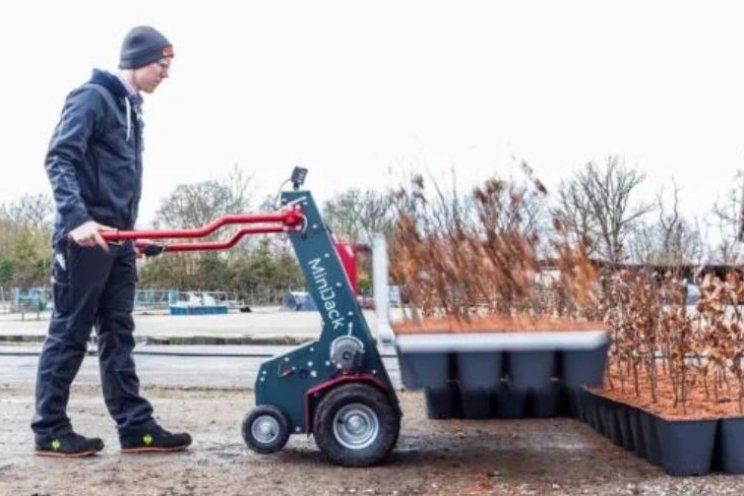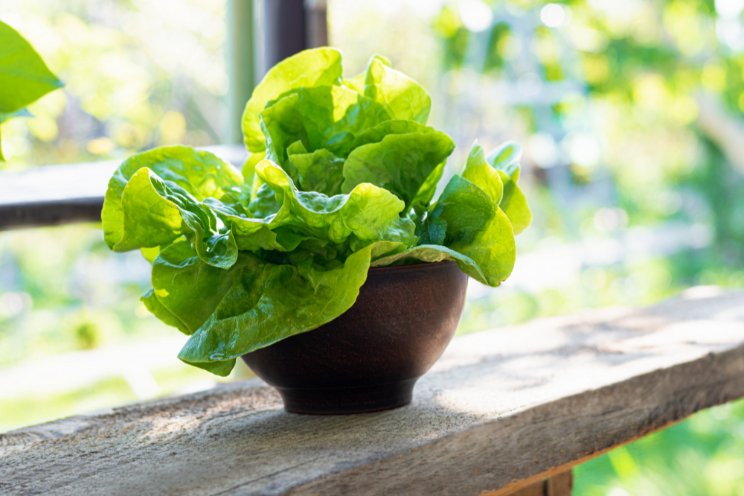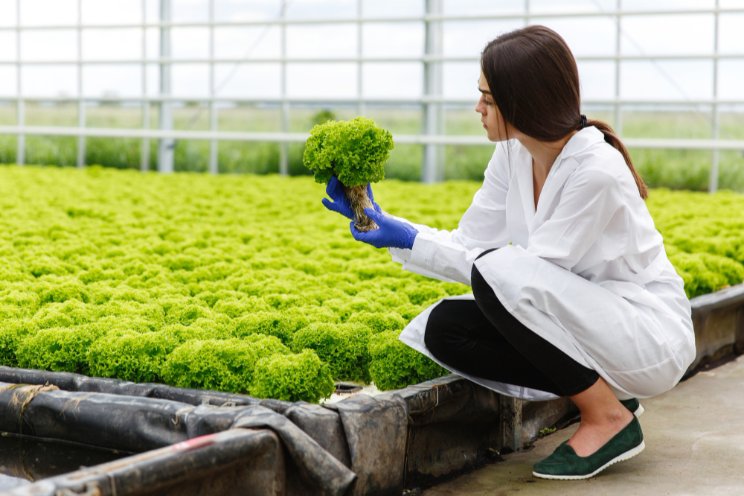Revolutionary indoor farming method uses 90% less water
Added on 22 May 2022

"Up to 60 percent of fresh produce is wasted before it reaches the consumer's plate," says Alexander Olsen, CEO and Co-founder of Babylon Micro-Farms, a small sustainable agriculture start-up located in Richmond, Va.
The problem of food waste was something that Olsen and his co-founder and Chief Technical Officer, Graham Smith, came across when they were students at University of Virginia. Olsen and Smith had set out to build hydroponics systems in refugee camps to help mitigate food shortage issues within the camps, but their idea was greeted with a much stronger interest from a broader market.
"We saw an opportunity to develop small on-site farming systems that could help businesses, communities, and consumers grow food on-site and eliminate the supply chain," says Olsen, "What would the world look like if everyone had the ability to grow their own food?"
So in April of 2017 they incorporated and began testing models to serve a larger market.
"I think the thing that is special that we do is that it's really soup to nuts, it's totally integrated," says Smith. "Whereas there are other companies in the vertical farming and hydroponic farming space that do one segment of the total technology chain or the service, we're really a one stop shop. You don't need to learn how to put together PVC piping to get a farm running. You don't need to learn how to dose nutrients or pH or set up the lighting and irrigation schedule. You come to us for the hardware but we also have the software that underpins that technology. And we're constantly collecting all the data so we know exactly how everything is going and we tweak the variables to make sure it's always running smoothly."
Their farming operation is controlled remotely through their proprietary software, that has an easy to navigate app where users can see the progress of their plants and know when to harvest them.
Photo Courtesy of CubicFarm
Source: Yahoo News
More news















